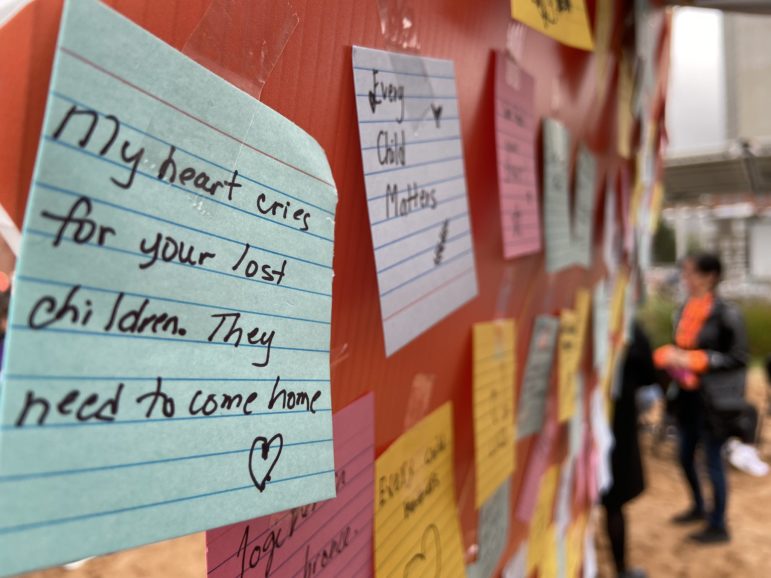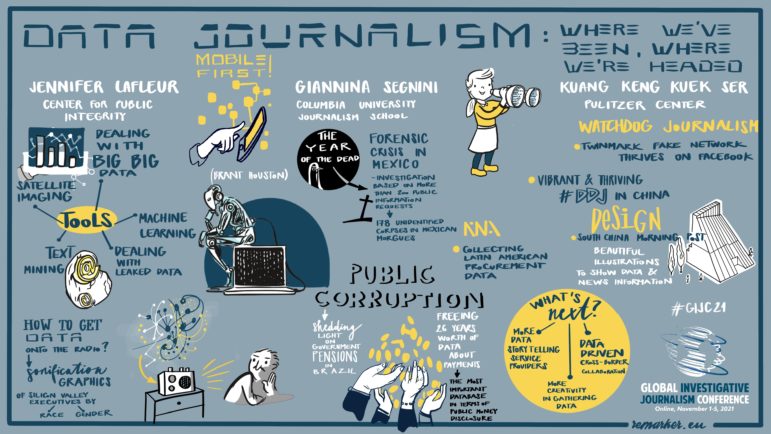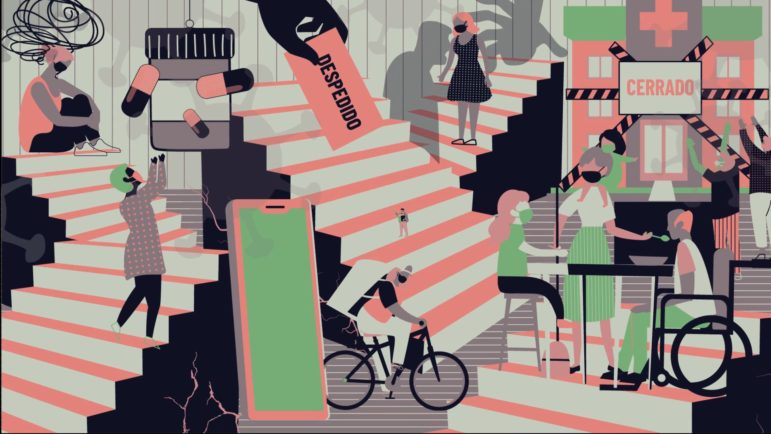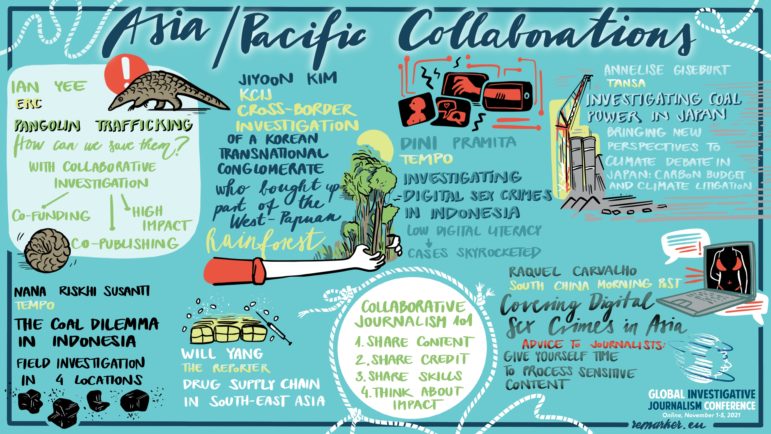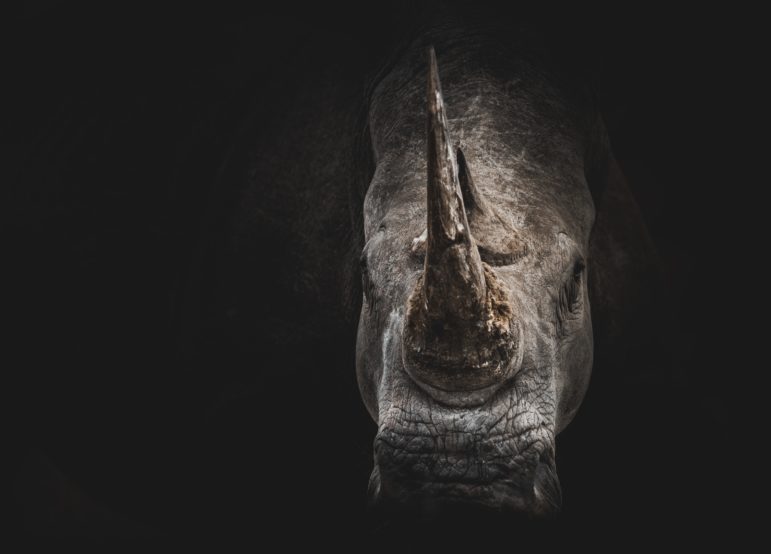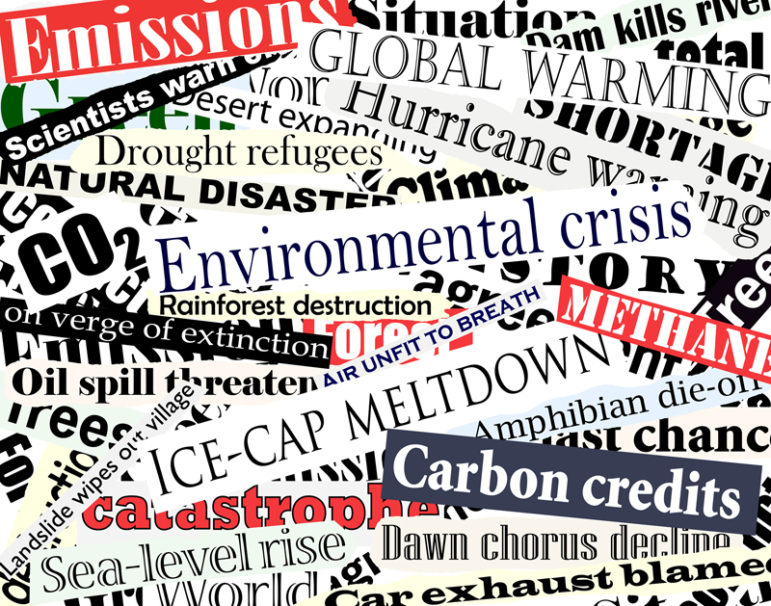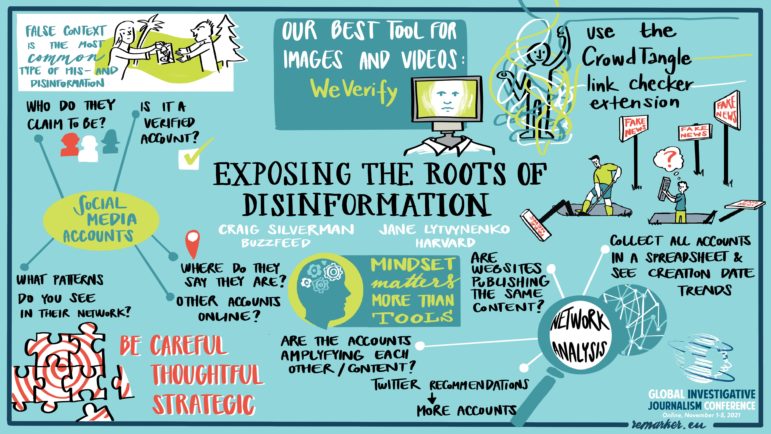
Methodology
Expert Tips for Digging Out the Roots of Disinformation
At GIJC21, two investigative journalists who have used their cutting-edge expertise in media manipulation to expose scamsters, far-right propagandists, and secret troll farms discussed tracking digital footprints, free resources for content verification — and the kind of tips that might just break a big story.


